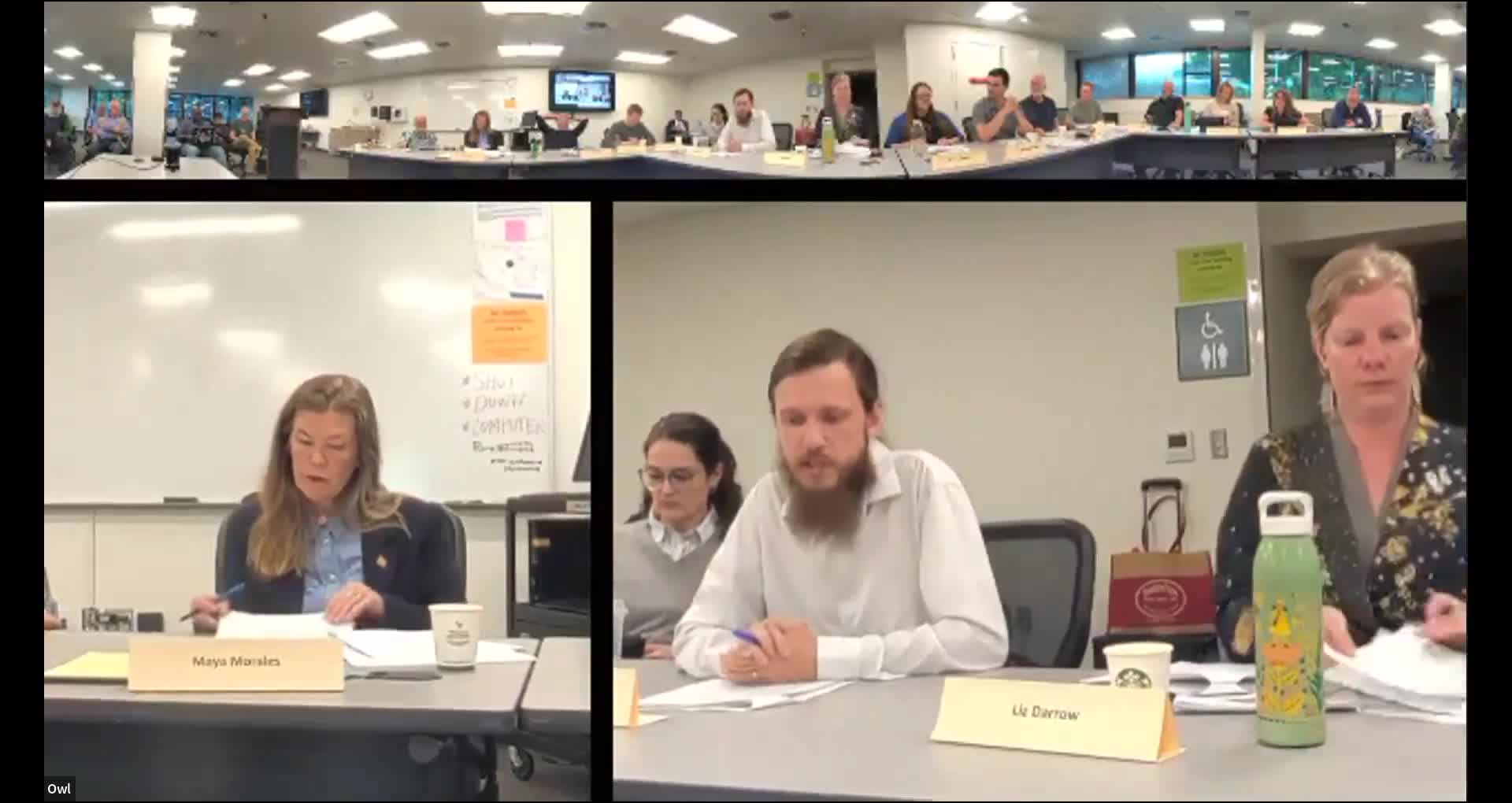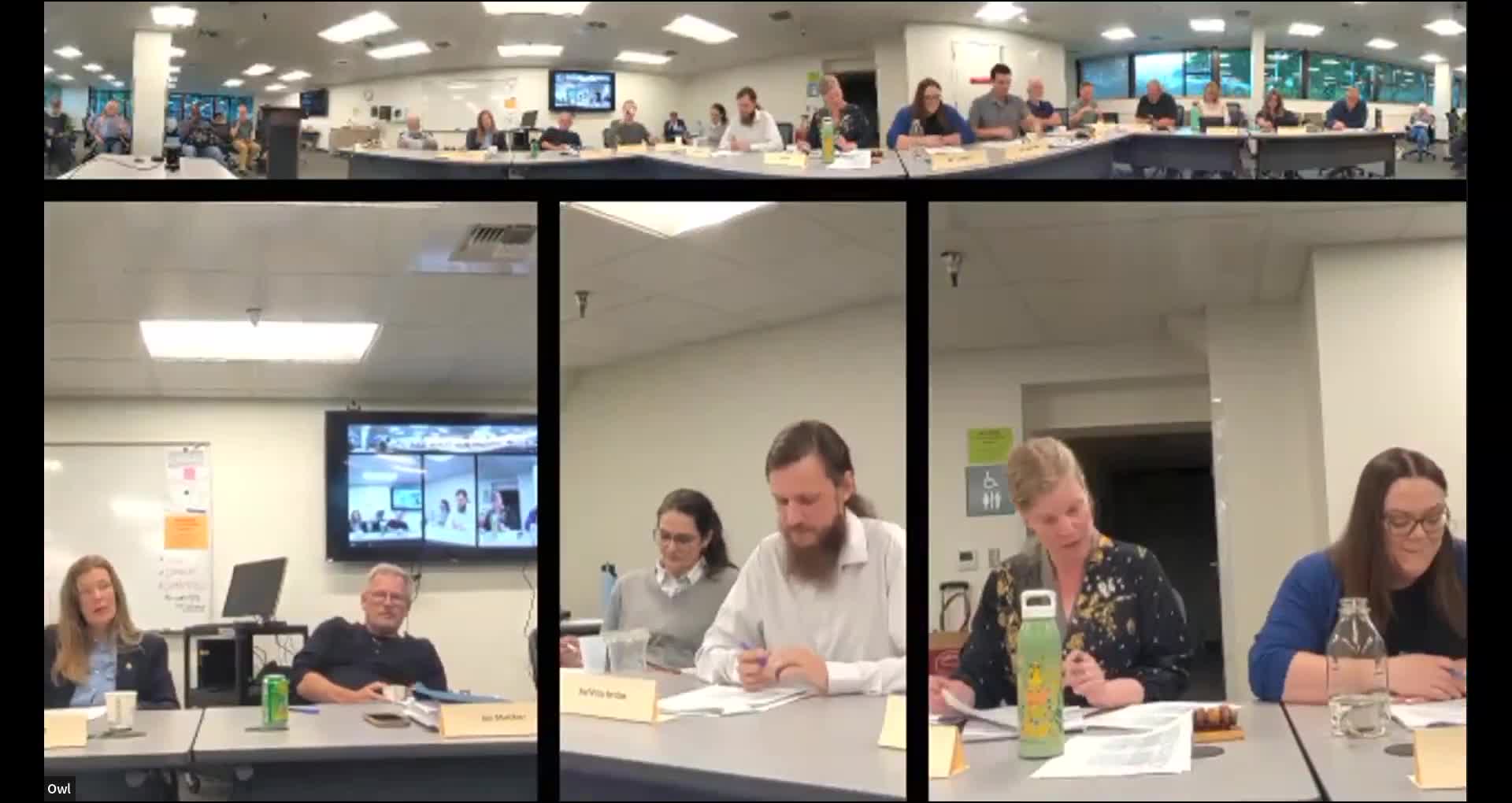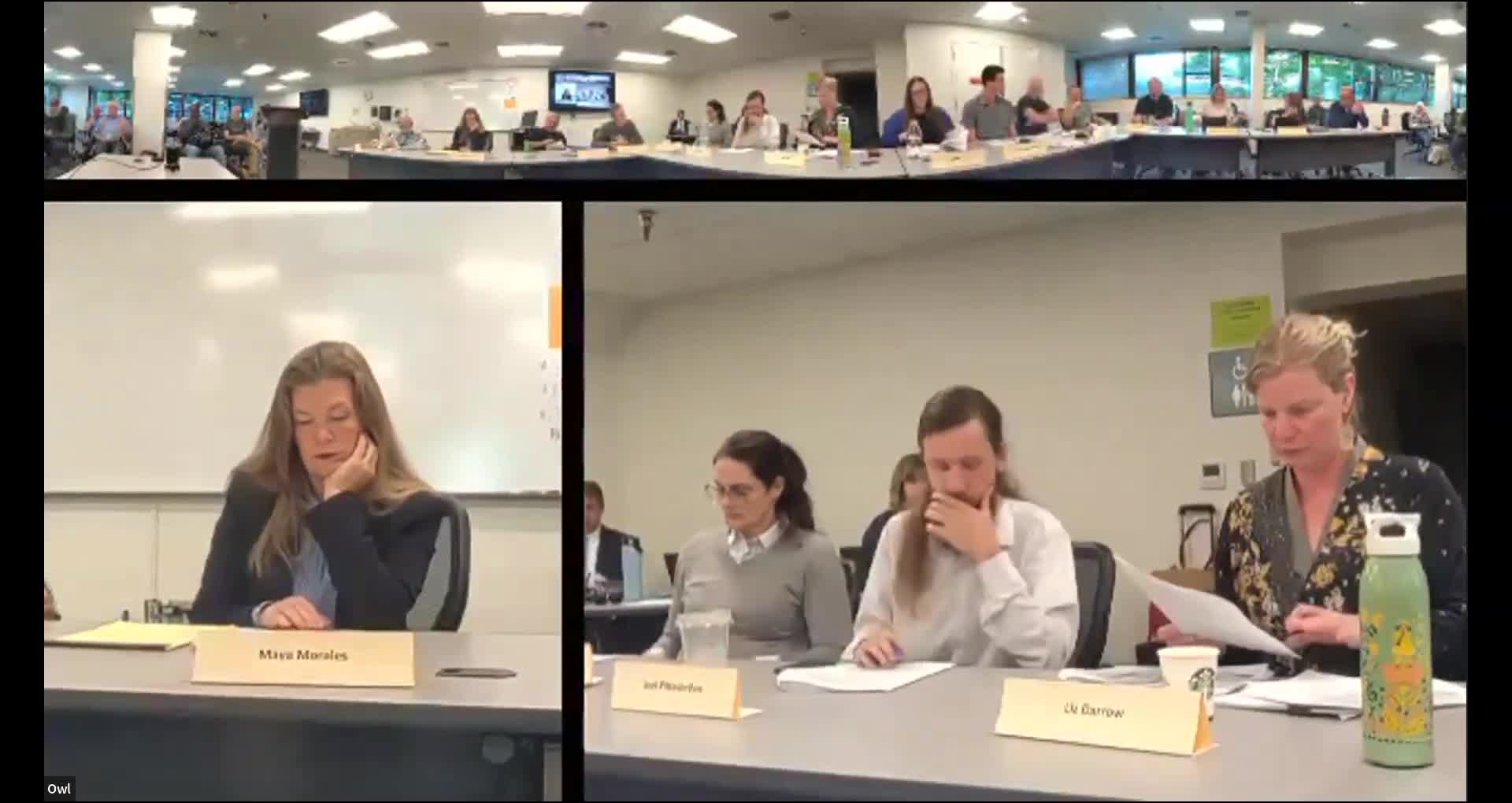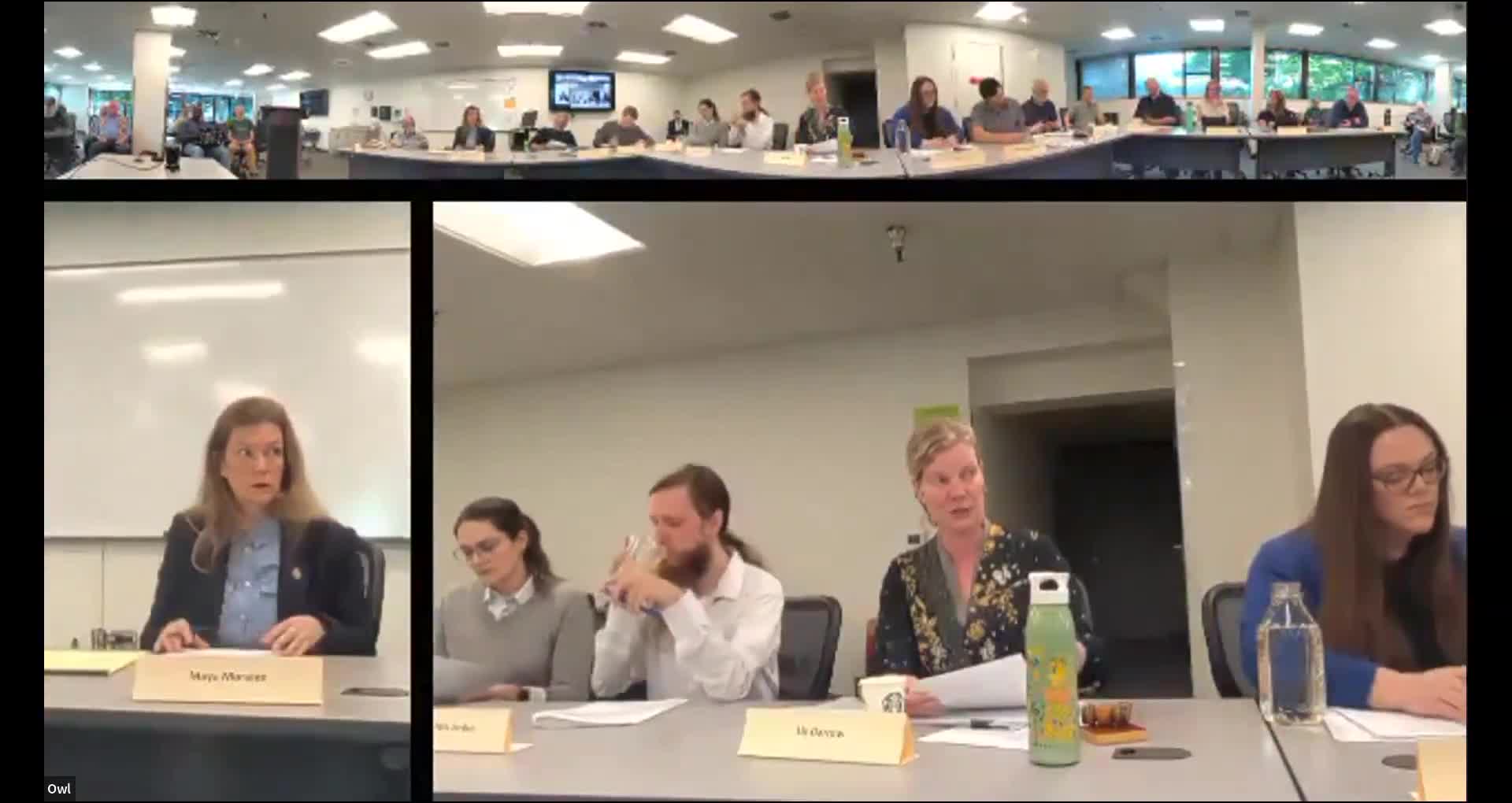Article not found
This article is no longer available. But don't worry—we've gathered other articles that discuss the same topic.

Former GAO auditor urges commission to create independent performance auditor office

Panel approves discussion of ranked‑choice pilot for Charter Review Commission elections

Charter commission advances proposed county ombuds office with sunset and voter review

Commission votes to clarify that county executive does not direct independently elected officials

